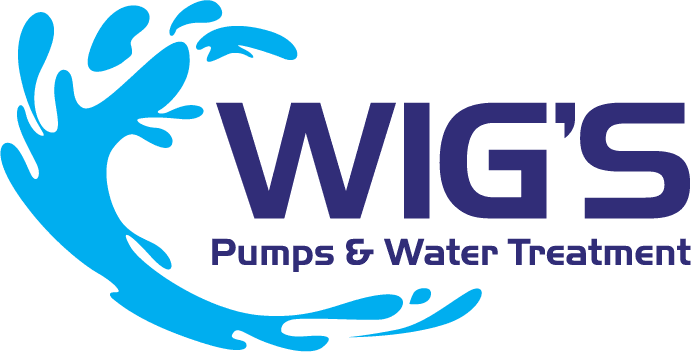How to Choose the Best Hard Water System for Your Home Featuring Expert Reviews and Industry Data
When selecting a hard water system for your home, the abundance of options can be overwhelming. Hard water, characterized by high mineral content, can lead to various issues such as scale buildup in pipes, reduced appliance efficiency, and unpleasant skin conditions. Therefore, investing in the right hard water system is crucial for maintaining the health of your household and enhancing your overall quality of life. This guide aims to simplify the decision-making process by providing expert reviews and insights from industry data.
In this article, we will explore essential factors to consider when choosing a hard water system, including the specific needs of your home, the type of technology available, and budgetary constraints. Furthermore, we will highlight testimonials and performance evaluations from real users, ensuring that you can make an informed choice. By the end of this guide, you will be equipped with the knowledge necessary to select the best hard water system that aligns with your requirements and guarantees the long-term sustainability of your household's water quality.

Understanding Hard Water: Problems and Solutions
Hard water is characterized by high mineral content, mainly calcium and magnesium, which can lead to various problems in your home. One of the most common issues is scale buildup in pipes and appliances, reducing their efficiency and lifespan. This accumulation can also affect water flow and lead to expensive repairs or replacements. Additionally, hard water can leave unsightly spots on dishes and make laundry less effective, as soaps and detergents do not lather well in mineral-rich water.
To tackle hard water challenges, solutions such as water softening systems are essential. These systems effectively remove the excess minerals, preventing scale formation and improving the quality of your water. Choosing the right system involves understanding your specific needs, including water hardness levels, household size, and budget. Expert reviews and industry data can guide your decision, ensuring you select the most effective solution tailored to your home. By addressing hard water concerns, you can enhance your household's overall comfort and efficiency.

Factors to Consider When Selecting a Hard Water System
When selecting a hard water system for your home, several key factors should guide your decision-making process. First, consider the hardness level of your water, as this will dictate the type and capacity of the system you need. Knowing the mineral composition—primarily calcium and magnesium—is essential, as these elements primarily contribute to water hardness. Testing kits are available that can quickly help you determine your water's hardness, enabling you to choose a system tailored to your specific requirements.
Another important factor to consider is the system's efficiency and maintenance needs. Look for models that offer easy installation and low upkeep costs. Systems that require frequent filter changes or complex setups can become burdensome over time. Additionally, review expert ratings and industry reviews, as these evaluations often highlight the performance and longevity of various hard water systems. Choosing a reputable brand known for reliable customer service and product support can save you future headaches and ensure you have access to help when needed.
How to Choose the Best Hard Water System for Your Home Featuring Expert Reviews and Industry Data - Factors to Consider When Selecting a Hard Water System
| Factor | Description | Importance Rating (1-5) | Expert Recommendations |
|---|---|---|---|
| Water Softening Capacity | The system's ability to remove minerals like calcium and magnesium. | 5 | Look for systems with at least 30,000 grains capacity. |
| Maintenance Requirements | Frequency and type of maintenance needed for optimal performance. | 4 | Choose systems that offer low maintenance options. |
| Cost of System | Initial purchase price and long-term operational costs. | 3 | Consider total cost of ownership, not just upfront price. |
| System Type | Different types including salt-based, salt-free, and reverse osmosis systems. | 5 | Evaluate what type fits your lifestyle and water needs. |
| Warranty and Support | Length and quality of warranty offered by the manufacturer. | 4 | Opt for systems with extensive warranties and good customer support. |
| Installation Requirements | Complexity of installation and whether professional help is needed. | 3 | Look for easy-to-install systems if you prefer DIY. |
Top Hard Water Systems of 2025: Expert Reviews and Comparisons
When it comes to tackling hard water issues in your home, selecting the right system is crucial. The top hard water systems of 2025 have been evaluated based on expert reviews that highlight their efficiency, performance, and user satisfaction. Among them, systems featuring advanced filtration technology, such as reverse osmosis and ion exchange, stand out. These technologies not only reduce mineral buildup but also enhance water quality and taste, making them favorable options for families and individuals alike.
In addition to technical performance, user comparisons reveal that ease of installation and maintenance play significant roles in consumer preferences. Many of the top-rated systems in 2025 come equipped with user-friendly interfaces and smart technology that can monitor water quality and usage patterns. These features not only provide convenience but also help homeowners manage costs effectively. When making a decision, it’s essential to weigh these expert insights and customer reviews to ensure the chosen hard water system aligns with your specific needs and lifestyle.
Cost Analysis: Investing in a Hard Water Treatment System
Investing in a hard water treatment system can save homeowners significant amounts in the long run. According to a report from the Water Quality Association, nearly 85% of American homes are affected by hard water, which can lead to increased plumbing maintenance costs and higher energy bills—up to 30% more due to inefficient appliances. Understanding the upfront and ongoing costs is crucial when choosing the right system. The initial investment can range from $500 to $3,000, depending on the system type and capacity. Choosing a high-efficiency system may yield better long-term savings, offsetting the initial costs through reduced energy and maintenance needs.
Tips: When considering a hard water treatment system, evaluate your household's water usage and hardness level. Utilizing a water testing kit can provide accurate data, ensuring you select a system that meets your specific needs. Additionally, look for systems with low operational costs—those that require minimal salt replacements or filter changes. Consulting expert reviews and industry ratings can also help in identifying reliable brands that provide excellent warranty and support services, further securing your investment.
Maintaining Your Hard Water System for Long-Term Benefits
When investing in a hard water system for your home, maintenance is key to ensure long-term benefits and efficiency. Regular upkeep not only prolongs the lifespan of your system but also enhances its overall performance. One of the most important steps in maintenance is to frequently check and replace the filters as recommended by the manufacturer. This helps to ensure that the system operates at optimal capacity and minimizes any potential buildup of minerals.
Additionally, scheduling routine professional inspections can save you from costly repairs down the road. Experts can identify potential issues before they escalate, ensuring that your hard water system remains efficient. It’s also beneficial to clean the system periodically, removing any accumulated scale that could hinder its operation.
Tips: Always refer to your system's manual for specific maintenance guidelines. Keeping a maintenance log can help track when filters were last changed and when inspections occurred. Furthermore, consider using a water softener monitoring app if available, which can send alerts for necessary maintenance tasks.
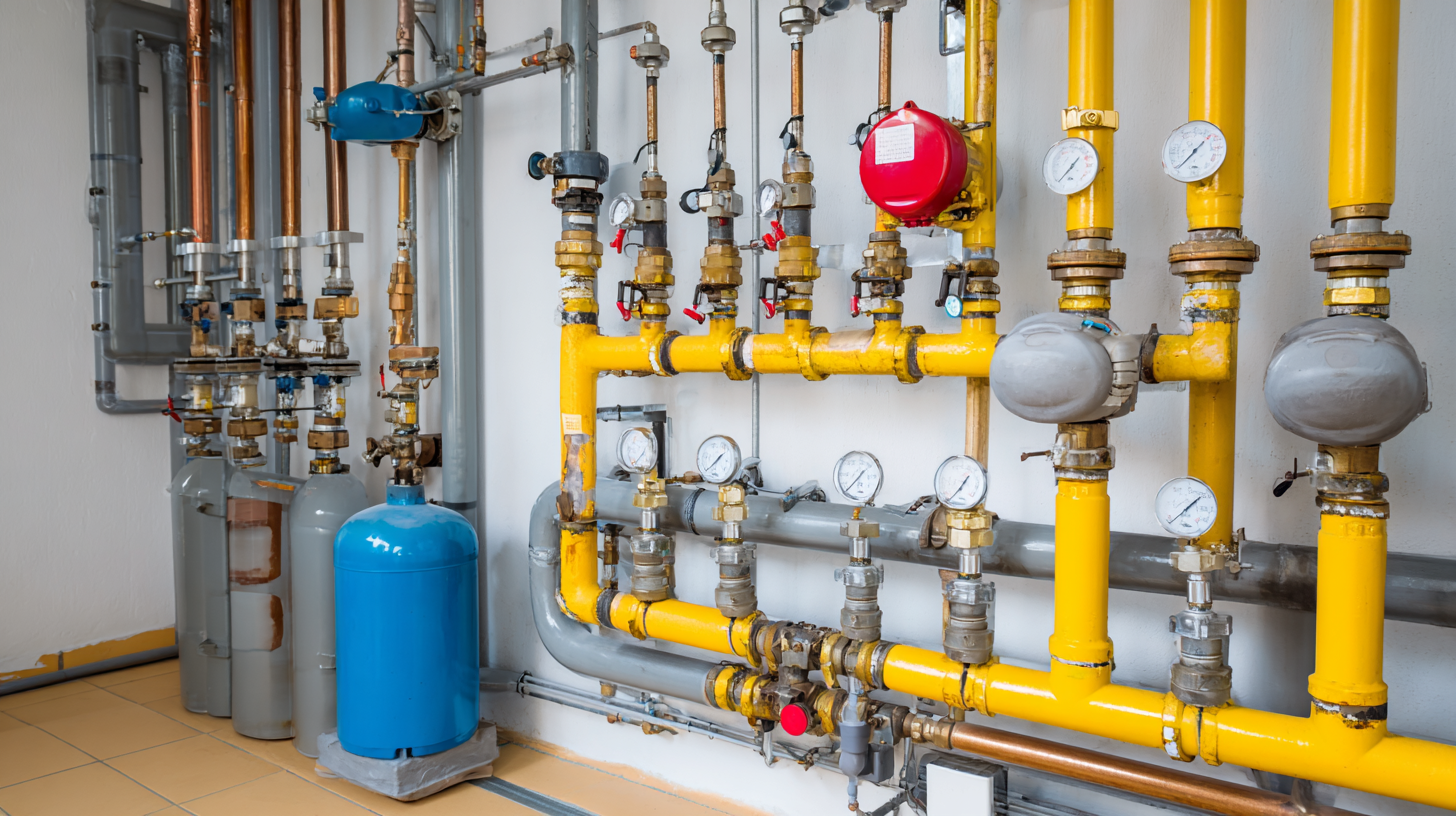
Related Posts
-

Transform Your Life with the Ultimate Water System: Discover Healthier Hydration Today!
-
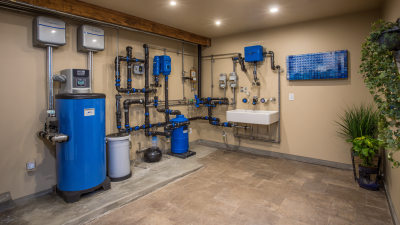
Innovative Water Treatment Systems for Sustainable Solutions in Your Home
-
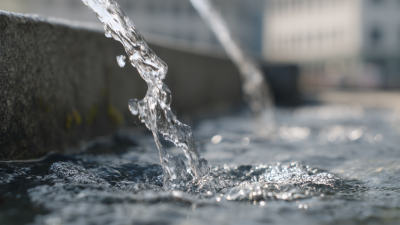
Exploring the Essential Role of Water Systems in Sustainable Urban Development and Climate Resilience
-
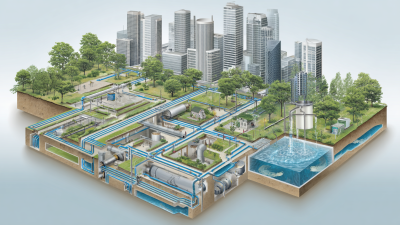
Innovative Water System Solutions for Sustainable Urban Development
-
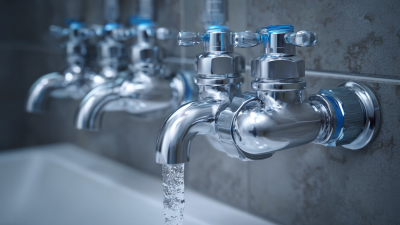
Essential Guide to Understanding Water System Plumbing for Modern Homes
-
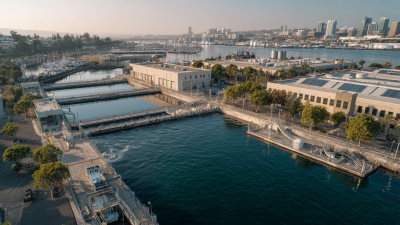
Unlocking the Future: How Water Reclamation Systems Can Revolutionize Urban Sustainability
